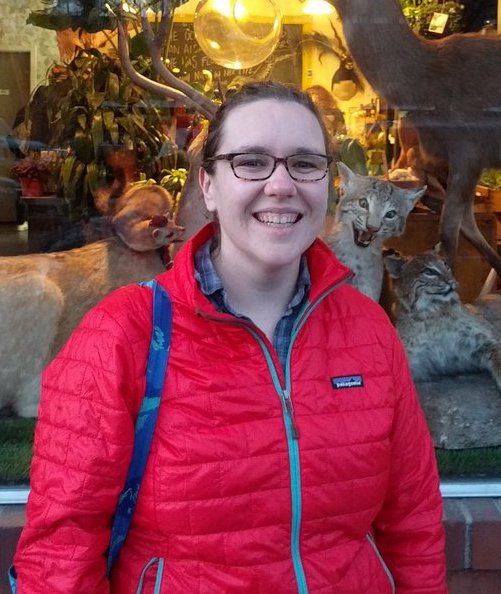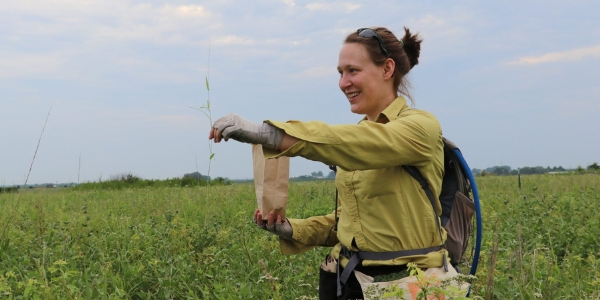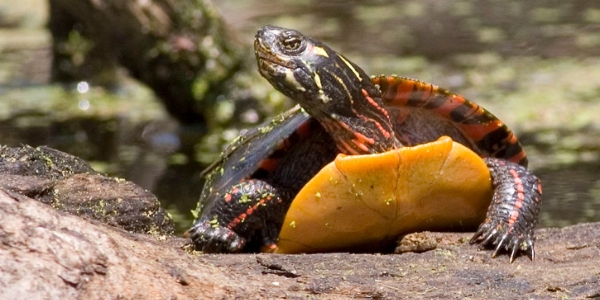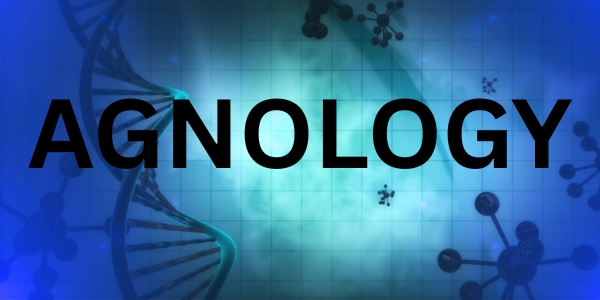NIH funds Josephs to explore evolutionary mysteries of biology
Michigan State University researchers are shedding light on a mystery of evolution with support from a $1.9 million grant from the National Institutes of Health: How is it that within the same species, individual responses to stimuli can dramatically differ?

“A lot of times when you see that variation, there are two possible reasons,” said Emily Josephs, an assistant professor and EEB core faculty member. “It could be genetic differences or it could be environmental differences.”
Understanding the root of this variation in humans would be invaluable from a health perspective and would help explain why certain people are prone to certain diseases while family members or neighbors aren’t. This is easier said than done.
“You can’t just clone a bunch of humans, put them in different environments and see what happens,” Josephs said.
But you can grow genetically identical plants, which share the same environments as humans and are subject to many of the same evolutionary forces. They’re also amenable to experiments where researchers have control over genetics and growth conditions — experiments that Josephs will be leading with the new NIH grant.
Josephs works in the Department of Plant Biology in the College of Natural Science and MSU’s AgBioResearch in the College of Agriculture and Natural Resources. She and her team will be working not only to disentangle genetic phenomena from environmental factors but also to understand how evolution shapes both.
“MSU is a great place to be a plant biologist. We have a wonderful community of plant biologists and a lot of resources,” Josephs said. “But we’ve also got a really great evolutionary biology program. I get to be at the Venn diagram overlap of these amazing communities.”
It can be easy to think of evolution as something that ancient organisms did to populate the planet with the diversity of living things present today. But all that life, humanity included, is still evolving.
At the same time, environments are changing in ways — and at speeds — that humans haven’t witnessed before. Josephs’ research will address the evolutionary reasons for why individuals differ in how they respond to these changes.
Read more at MSU Today and on the College of Natural Science website.



